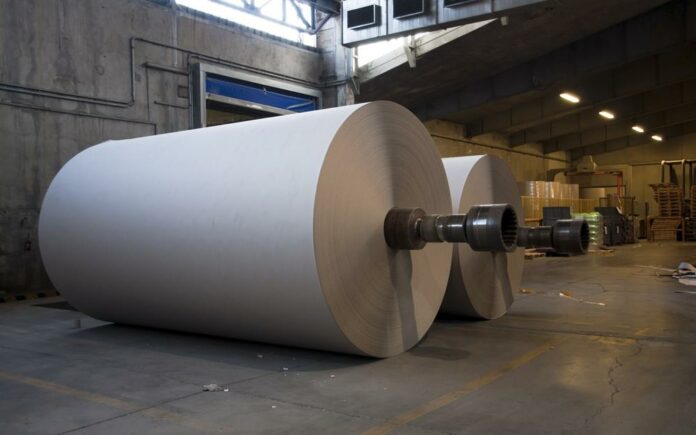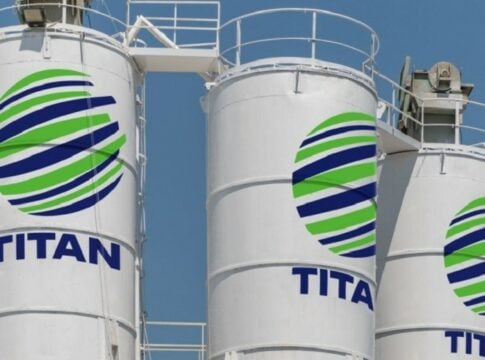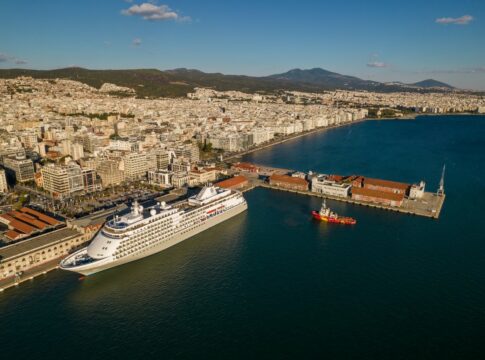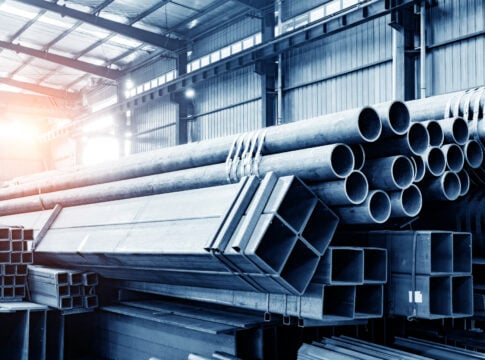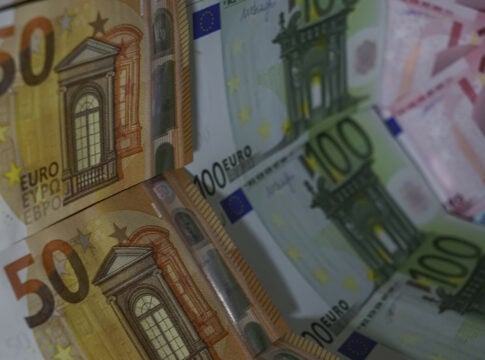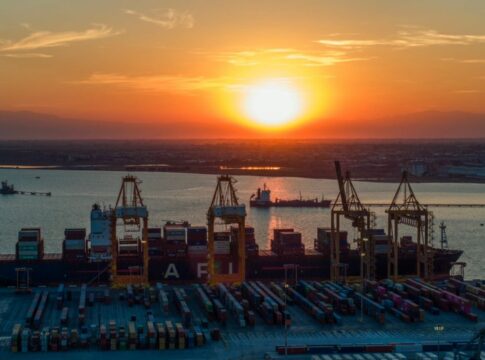Greece’s paper industry, one of the most important industrial branches of the Greek economy, strives to cope with the enormous pressure as a result of higher energy costs affecting energy-intensive industries based on high productivity, strong investments and significant export activity.
According to a recent survey by IOBE in collaboration with the Paper Industries Association of Greece (EVIHE), higher energy prices have increased the energy costs of the Paper Industry, which are estimated to reach almost 170 million euros in 2022 from 83 million euros in 2021.
A blow to businesses
Based on the survey, the average annual energy cost per business rose to 17 million euros in 2022 from 8.4 million euros a year ago. 40% of energy costs come from natural gas, 30% from electricity and 19% from biofuels and RES. The doubling of energy costs seems to have significantly affected Paper Industry businesses. Sonoco Hellas S.A., a member of EVIHE, announced the suspension of the operation of its two factories in Greece, also due to the high cost of energy.
Proposals
The president of EVIHE Dimitris Theocharis pointed out, during the presentation of the survey, the proposals to limit energy costs including bilateral contracts (Power Purchase Agreements – PPAs) from RES to domestic industries at competitive prices, the strengthening of interconnections and regulatory interventions, so that the coupling of the Greek electricity market becomes effective in practice and leads to a reduction in energy costs as well as state aid to energy-intensive industries to compensate for high energy costs, by adopting a target price (similar to other EU countries).
Also, the simplification of licensing procedures for projects in the energy sector from renewable sources, the facilitation of environmental licensing, as well as the improvement of spatial planning are actions that contribute to the promotion of investments in order to stimulate entrepreneurship, but also to the sustainable development of the Paper Industry in Greece.
The sector is made up of 600 companies, most of which are very small, active in the production of paper and cardboard and in the manufacture of household goods (personal hygiene), while also being active in the production of paper pulp, the production of corrugated paper and the manufacture of other paper products and cardboard (packaging).
In 2023, it is estimated that the sector’s turnover reached 2.13 billion euros. The investments of the Paper Industry totaled 107.4 million euros in 2022, representing 24% of the sector’s GDP, compared to a corresponding rate of 15% for all domestic manufacturing.
The total contribution of the domestic paper industry to the country’s GDP is estimated at 1.74 billion euros in 2023, including paper wholesale and recycled paper exports. For every 1 euro of added value produced by the domestic Paper Industry, the country’s GDP is estimated to increase by approximately 2.4 euros.
Each job in the paper industry is estimated to support 2.6 jobs in the entire Greek economy. In terms of public revenue, its contribution is estimated at 509 million euros in 2023.


